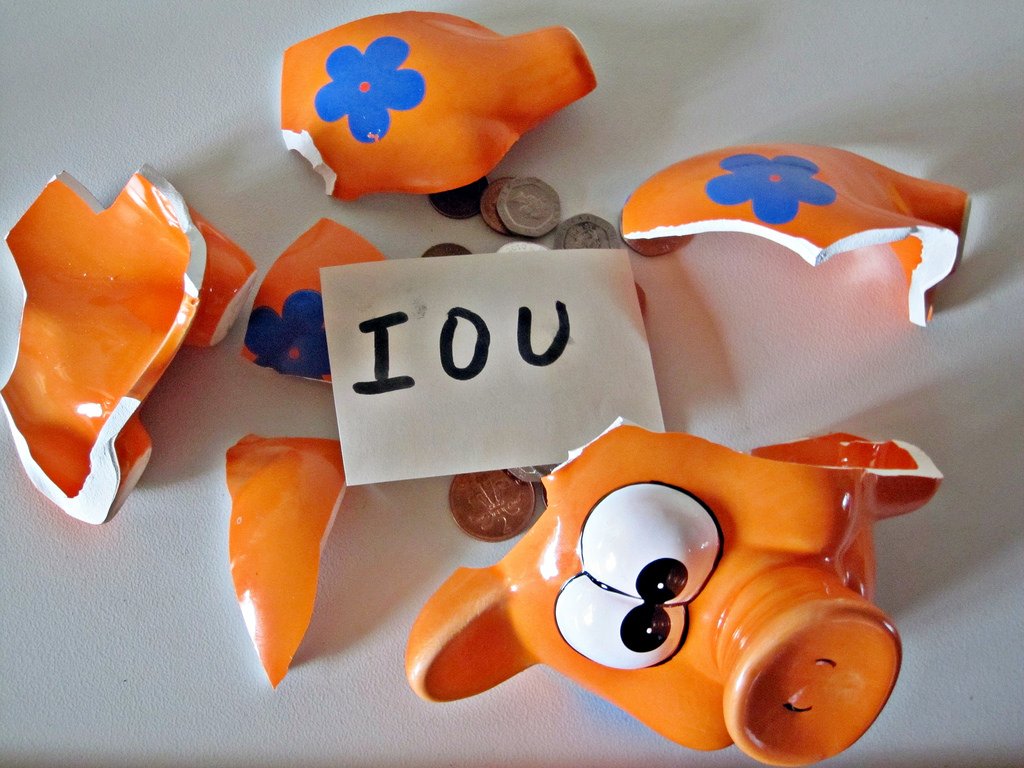Get ready to grow revenue post Covid-19 lockdown.
by Ko de Ruyter, Debbie Keeling and David Cox
During the past weeks we have offered strategic direction on how to survive and, perhaps, emerge with a stronger B2B loyalty program from the current Covid-19 crisis. We have identified trends for the post B2B marketplace and offered advice on investing in your program, as well as how to keep members motivated.
As countries start the process of emerging from lockdown and there is light at the end of the tunnel, many C-suite executives will be struggling with challenging cashflow positions and your loyalty program may still run the risk of being deemed ‘non-essential’. So, we felt we needed to go further than offer well-meant advice.
Tailwinds of change
Unexpectedly, the surge in use of Zoom for meetings, the plethora of virtual events and the collapse in demand for travel as a result of the global Covid-19 pandemic, has led to a measurable decline in air pollution. Starbucks has expanded its mental health benefits through its employee assistance program. Unilever is offering early payment to its vulnerable small and medium-sized channel partners to assist with financial liquidity.
Economic storms are brewing, but we have recognized that there are strong tailwinds for business models that are more ‘sustainable’.
Making the case for sustainability
And here is our evidence. We got together with one of our clients, an IT company named among Fortune Magazine's ‘World's Most Admired Companies’, to provide the business case that shows that a B2B loyalty program can serve as a business-critical engine for purposeful engagement among resellers.
This client’s program rewards channel partners for both sales and learning activities. Given the current market conditions, our client wanted to know whether their channel partner program was essential in meeting revenue goals and whether this could be driven by sustainable business development in the channel. As the finance director said to us: ‘Are our channel partners willing and sustain-able?”
Survey data provides the evidence
Paraphrasing Steve Jobs, we said: “We believe members are smart. Some people want to change more than other people do. Ask them’”. And this is what we did. More than 700 of them, distributed right across the world. We matched the survey data to sales performance and training data. Here are some of the highlights of what we found:
- most importantly, sales performance records show that those resellers that are in the program far outperform those who are not
- program members drive the majority of sales.
The survey revealed why this is the case. There is a perfect and positive correlation between engaging with the program and the number of products sold, devoting time to cross- and up-selling, and, discussing customers’ needs in more depth.
Over 85% of program members want to learn how to sell sustainable products
Next, we wanted to know whether program members are willing and able to learn about sustainable business development. There is a high level of consensus among program members (i.e., 85%+ agreement) when it comes to the importance of developing their knowledge and skills in sustainable products and services (e.g., end-of-life cycle programs), catering to customers’ sustainability needs, and, how offerings can meet these needs.
So, members are clearly willing, but what do they need to become more sustain-able? Well, they indicated they need to upskill on how to discuss the sustainable features of offerings, addressing sustainability pain points, and formulating sustainability as a value proposition.
Prepare for greener deals
So, there you have it. Actionable pointers as to how to position your program as business-critical and dealing with the winds of (climate) change, as companies around the globe come out of the Covid-19 crisis and prepare for the inevitable increase in demand for greener deals.















